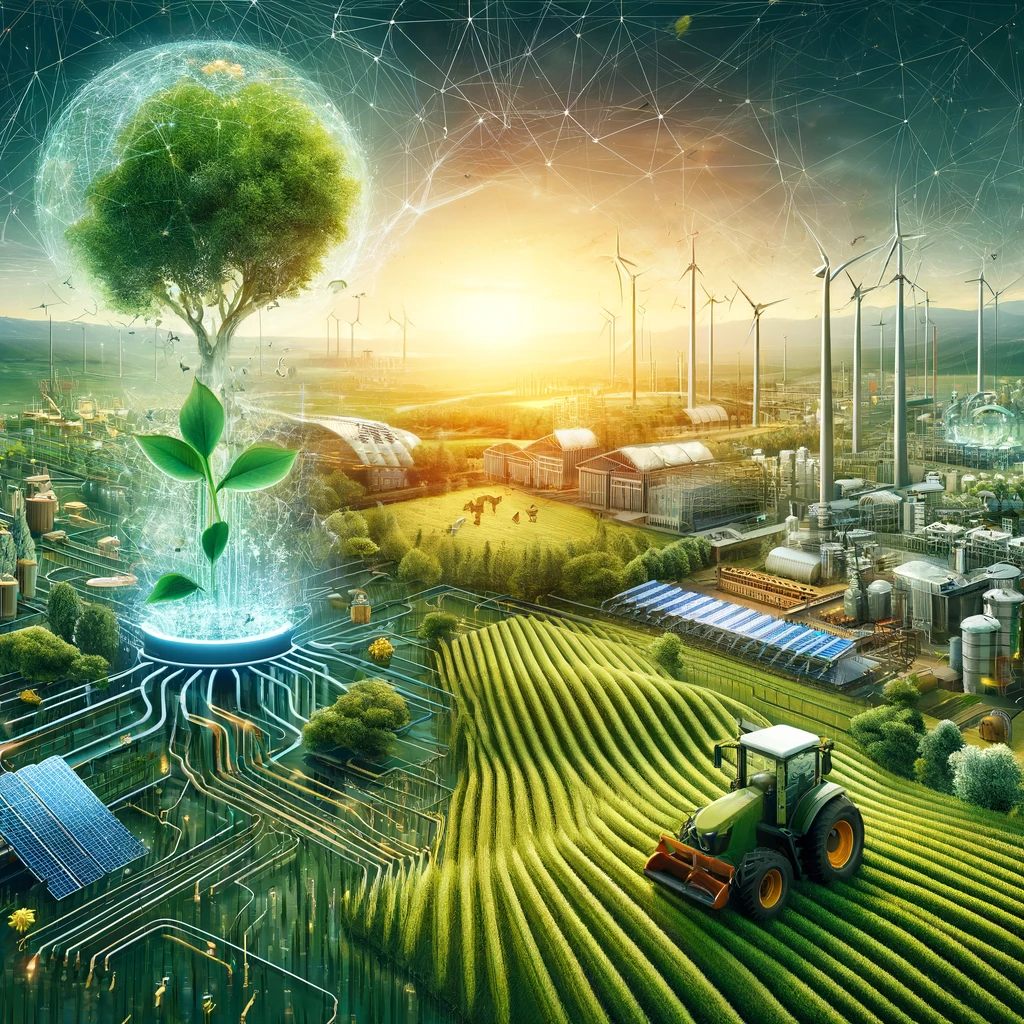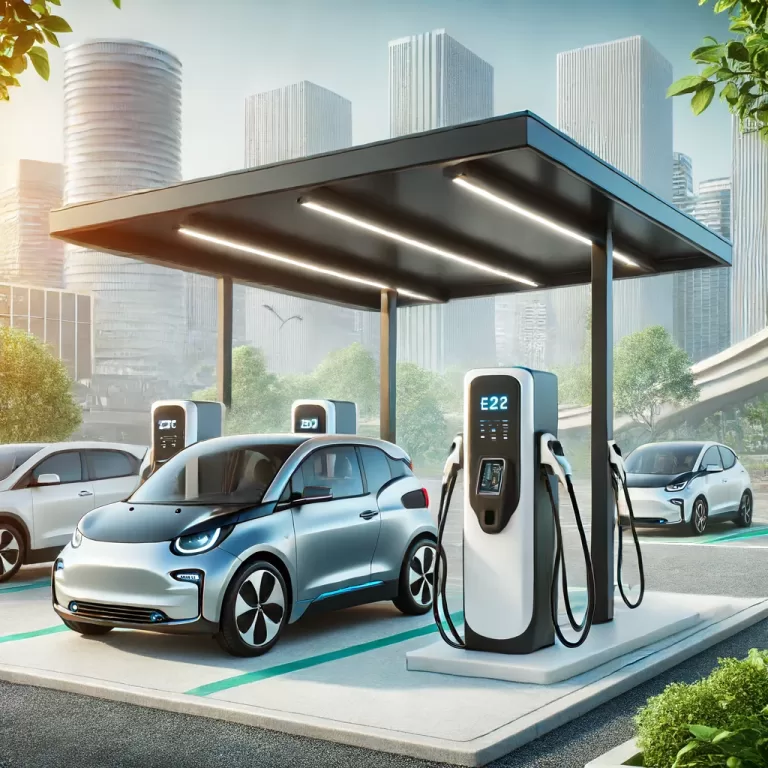
In an era marked by rapid changes, it is crucial to return to the basics. Like a building that easily collapses without a solid foundation, a smart city must be built on strong fundamental groundwork. With the advent of the smart era, technological advancements are revolutionizing every aspect of human life. People expect better technology and innovation, and cities or products that are not advanced struggle to garner interest. Amidst these whirlwinds of change, it is essential to reacknowledge the importance of primary industries, the very source of life and the basic foundation of human survival. This article presents reasons why modern society should consider reverting to primary industries.
Sustainability and Environmental Protection
What is the purpose of developing smart cities? It’s sustainability and environmental protection. Global warming and environmental destruction are among the most serious issues humanity faces. Primary industries, especially sustainable agriculture and fisheries, are key solutions to these problems. Managing resources in a sustainable manner, adopting organic farming practices, and protecting ecosystems are essential for preserving the environment and conserving resources for future generations.
The greenhouse gases produced by livestock in primary industries have become a significant topic of discussion due to their negative impact on the environment. However, various technological and scientific solutions have been proposed, including methane reduction technologies, feed improvements, pasture management, precision livestock farming, alternative protein sources, energy efficiency improvements, and waste management innovations. These approaches can significantly reduce the environmental impact of livestock farming while providing sustainable ways to meet the world’s food demand. Different technologies and methods can be customized for specific regions and situations, contributing to overall greenhouse gas emission reductions.
Strengthening Food Security
The world’s population is continuously growing, making food security increasingly important. Returning to primary industries can strengthen local food self-sufficiency, reduce carbon emissions from food transportation, and reduce vulnerabilities in food crisis situations. This also revitalizes local economies and increases access to fresh and healthy food.
Creation of Economic Opportunities
Technological advancements have replaced many traditional jobs. However, primary industries can create new economic opportunities. Sustainable agriculture, eco-friendly fishing, and tourism development in rural and fishing areas can create new jobs and diversify local economies.
- Sustainable Agriculture Projects – Vertical farming in the Netherlands: The Netherlands has introduced vertical farming technology to maximize the use of limited land resources. This method grows plants in stacked layers to use water and nutrients more efficiently and enable urban food production. Such innovations create new agricultural jobs, enhance the sustainability of farming, and strengthen urban food security.
- Eco-friendly Fishing – Sustainable aquaculture in Norway: Norway is a global leader in sustainable aquaculture, focusing on the sustainable farming of salmon and other fish species. They have introduced strict regulations and innovative technologies to minimize environmental issues in aquaculture. For example, developing new feeds that do not harm marine ecosystems, increasing the use of vaccines for disease management, and optimizing fish farm locations. These approaches enhance the sustainability of aquaculture while creating jobs in research and development.
- Tourism Development in Rural and Fishing Areas – Agritourism in Italy: Italy has successfully created economic opportunities through tourism in rural areas, especially through agritourism. Agritourism offers unique experiences by combining farm stays with local food culture experiences, crop harvesting participation, etc. This increases demand for local agricultural products, revitalizes rural economies, and promotes sustainable tourism.
These examples demonstrate how primary industries can create economic opportunities, showing how sustainable development and innovation can transform traditional industries and create new jobs.
Harmony Between Technology and Nature
The return to primary industries is based on the recognition that technological progress must harmonize with nature. Smart agriculture technologies, data analysis, and the Internet of Things (IoT) can enhance agricultural productivity and optimize resource use. This approach is most effective when technology complements and supports nature.
Enhancing Social Connectivity
Primary industries can contribute to community building and strengthening social connections. By consuming locally produced food, people can feel a deeper connection to their communities, which is important for strengthening social cohesion and preserving local cultures.
Implications
Returning to primary industries is not merely a step backward but a necessary step forward for sustainable development. For environmental protection, food security, economic development, and social connectivity, modern society must reevaluate the value of primary industries and seek ways to integrate them harmoniously with modern technology. This will be a significant step towards a sustainable future.



